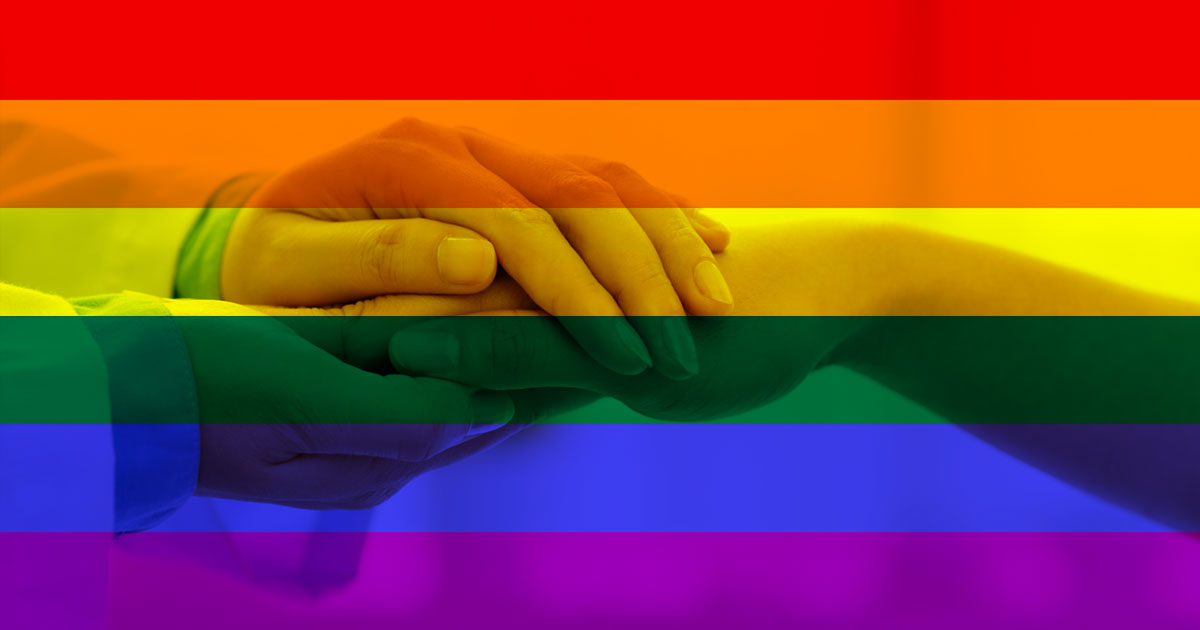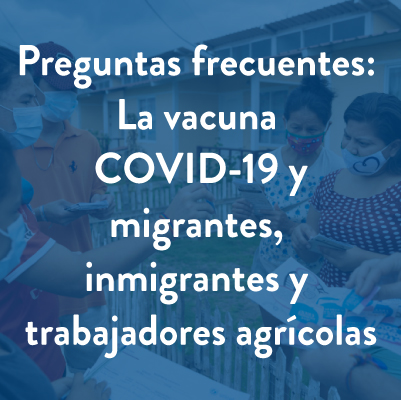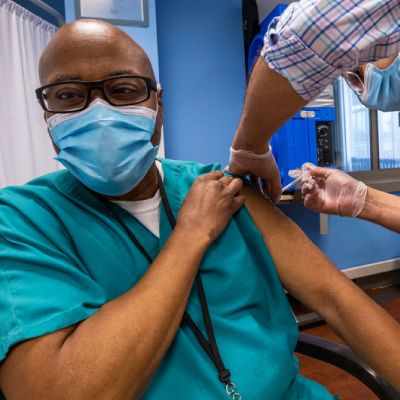- Who We Are
- Clinician Employment
- Publications
- Witness to Witness (W2W)
- El Premio Kugel & Zuroweste a la Justicia en la Salud
- Your Voice Matters: Photovoice Project
Thu, 06/29/2017 | by Claire Hutkins Seda


In the final minutes of Pride Month, we caught up with Luis Fernando Ramirez, Executive Director of Entre Hermanos, to hear how the LGBTQ Latino community in Seattle, Washington has changed over the years, and to better understand as clinicians how we can best provide health services to this often underserved segment of our community. Entre Hermanos has been providing social, educational, and health support services in the King County community since 1991.
“We started just as a group of people who wanted to get together to get a sense of belonging to a group,” Ramirez remarked. Many Latino immigrants who identified as LGBTQ lacked family or community support, unlike the overall Latino immigrant community, he said. At the time, HIV/AIDS was raging through the gay community, but few resources existed specifically for Latinos who were gay, lesbian, bisexual, transgender, queer, or questioning. That gave the newly formed group an added focus on health education.
“HIV/AIDS medication came in 1996 -- and still, many people were getting sick and dying. We decided to start a Latin Night in a bar... asking for donations at the door, like a cover charge,” he said. They funneled the money toward an education program, and took advantage of the social scene to provide condom kits and educational materials to the Latin Night attendees. Meanwhile, the event became an institution, a regular part of the community: “We still have Latin Night every week, and we get 50 to 100 people every Sunday!”
Over the years, Entre Hermanos has focused heavily on AIDS prevention and education, which the group continually saw as a critical need in the community. “Even today, not many people get tested, and aren’t aware of the services they can access,” Ramirez noted. Along with social events like Movie Nights, they began hosting monthly community forums, providing education on HIV and STDs. At any event they had -- social or educational -- the leaders always assured that there was time to ask participants what they wanted to learn, and what needs they had. Recently, one need was coming up over and over: immigration support.
“They were saying that there is a need within our community -- among DACA recipients, or people who are permanent residents who want to become US citizens in order to vote -- there was this need around immigration. And this isn’t a result of the new administration -- it’s been more than a year that [the community] has been asking for it,” Ramirez clarified. As a result, this summer, Entre Hermanos is piloting an immigration attorney program wherein members of their community can have their immigration cases taken on free of charge, by attorneys who are contracted by Entre Hermanos on a low-bono basis. They’re also growing their nonprofit, hiring a fundraising manager for the first time, in hopes of better supporting these initiatives, which they intend to offer as a core program of Entre Hermanos, not just a short-term project.
Health continues to be a focus for Entre Hermanos, and, Ramirez says, much work still needs to be done in the health world to better serve Latino LGBTQ patients. He points to the health materials that are available to Entre Hermanos -- and how some of them just won’t work: “It’s important that when we’re doing something in Spanish, that the materials we use are reviewed by someone who is Hispanic. Sometimes you read materials and you wonder, is that just Google Translate?” Equally as critical, materials sometimes aren’t culturally sensitive.
The cultural sensitivity concern also flows to the exam room, where Latino LGBTQ patients still struggle. “Although you trust your health provider, still, there’s a cultural thing in the Latino community that we just don’t see our doctor as our partner,” he said, likening the provider to a priest-like figure of higher authority and greater knowledge. This shapes the dynamics between patient and provider, he says, in ways that the provider isn’t always aware.
Language can also act as a barrier, even with an interpreter, particularly when it comes to sex. “Sex is taboo in our community. If I don’t speak English and I have an interpreter, there are many things that I won’t want to say because I don’t want the interpreter to hear it,” he said, citing stories of patients concerned that the interpreter was judging the patient. “If I go to the doctor and the interpreter is making me nervous because I’m talking about my sexual behaviors, that’s not going to be a good experience.”
“The most affected is the transgender community,” Ramirez said. He has heard regular complaints from transgender Entre Hermanos community members that clinicians are not sensitive or appropriate, which once more creates a divide between the patients and the clinicians that aren’t easily reduced once formed, and may affect the patient’s willingness to access needed care.
Entre Hermanos continues to work to bridge the divide between the health community and the Latino LGBTQ community through education and outreach, linking community members up to health services, and even bringing out local health clinics to do outreach at their events. This year, they are sponsoring the first-ever Latinx Pride, Festival del Orgullo LGBTQ Latino, on July 22nd, and community services will be represented at booths.
“Of course, there’s going to be music and dancing and performers, but we’re also bringing resources to our community,” Ramirez said.
Get Involved with Entre Hermanos:
- Like them on Facebook: facebook.com/entrehermanos.org
- Visit their website: entrehermanos.org
Read some additional resources for serving LGBTQ patients:
- The National LGBT Health Education Center, a HRSA national cooperative agreement with Fenway Health, provides educational programs, resources, and consultation to health care organizations with the goal of optimizing quality, cost-effective health care for lesbian, gay, bisexual, and transgender (LGBT) people.
- SAMHSA’s LGBT section features data and reports and SAMHSA initiatives.
Like what you see? Amplify our collective voice with a contribution.
Got some good news to share? Send it to us via email, on Facebook, or on Twitter.
Return to the main blog page or sign up for blog updates here.







